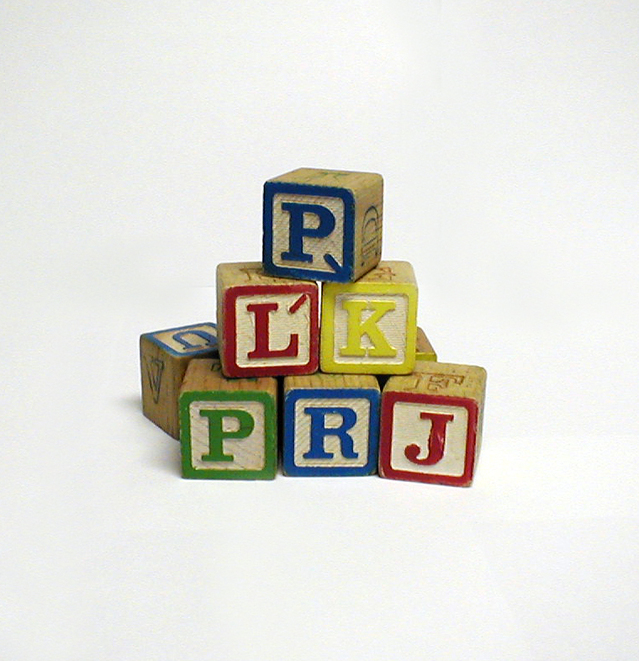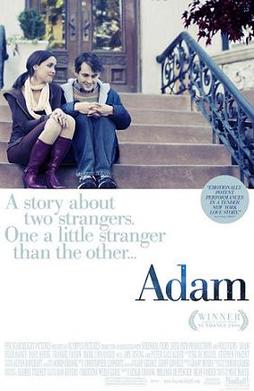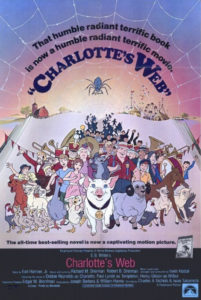
Since the boys are gone this week for Spring Break (visiting their dad in L.A.) and I am feeling the usual disjointedness with them away, I figured it was time for another edition of Personal Posts. Because I’m sure you were all waiting for it with baited breath, right? No? Okay.
So, we’ve lived in our current home for almost seven years, and the carpet is sporting seven years’ worth of stains and hard living (with two boys and various pets trampling it), so I’m having it replaced. I had hoped to have it done while the boys were away, but it turns out that the installers are on Spring Break as well. So it’s going to be done next week, and I’ve spent all of this week moving everything out of the rooms and closets – seven years’ worth of books, DVDs, papers, Lego, clothing, Nerf guns, action figures, cars, stuffed animals, and whatever else I stuffed in our back room, to be sorted later. Then I touched up the walls in the rooms that will get new carpet, and I used up a half gallon of paint just “touching up” the boys’ rooms! Not to mention half a container of Spackle. God help me, boys are hard on a house!
But those boys are also the loves of my life, and I enjoyed talking to them on the phone yesterday. They are having a blast, spending time with their dad and visiting with L.A. friends, and they even got to go to Universal Studios! Neil was ecstatic over the Jurassic Park ride, of course. Adam, with his vestibular issues, preferred the Mummy ride. They had flown down again, their second solo flight, and everything went well. When it was time to board, I waited with them in line for a few minutes, and as they neared the ticket-taking agent, Adam said gently, “Mom, I think we’ll be fine now. You don’t need to wait with us.” And Neil chimed in, “Yeah.” So I tried not to cry and hugged them, saying, “Be safe and have a great time. I love you!” And as I stepped out of the line, an older lady a few feet behind us said good-naturedly, “You boys be good now!” And right then, at that moment in the airport, I felt like a regular parent. A regular parent saying goodbye to her teenage sons as they boarded a plane, trusting that everything would be fine.
I smiled and waved, watching them pull their carry-ons. And for the first time, I felt normal. I know – we shouldn’t use that word. I even discourage Neil from using it when he describes non-autistic people, because I want him to think of himself as normal too. But the nonchalant way that woman said what she said, and the way I felt just knowing that I didn’t have to worry, I can’t think of another word for it. I guess the fact that I was aware of feeling that way negates the normalcy of it. But I don’t care. I felt normal, or what I assumed felt normal, and it was great, that little glimpse. And hard-won. I sat at the gate for a while longer, and then I watched the plane take off, taking my beautiful, almost-grown boys with it. And although I feel disjointed with them away, somehow it feels a little more manageable this time. A little more normal.











